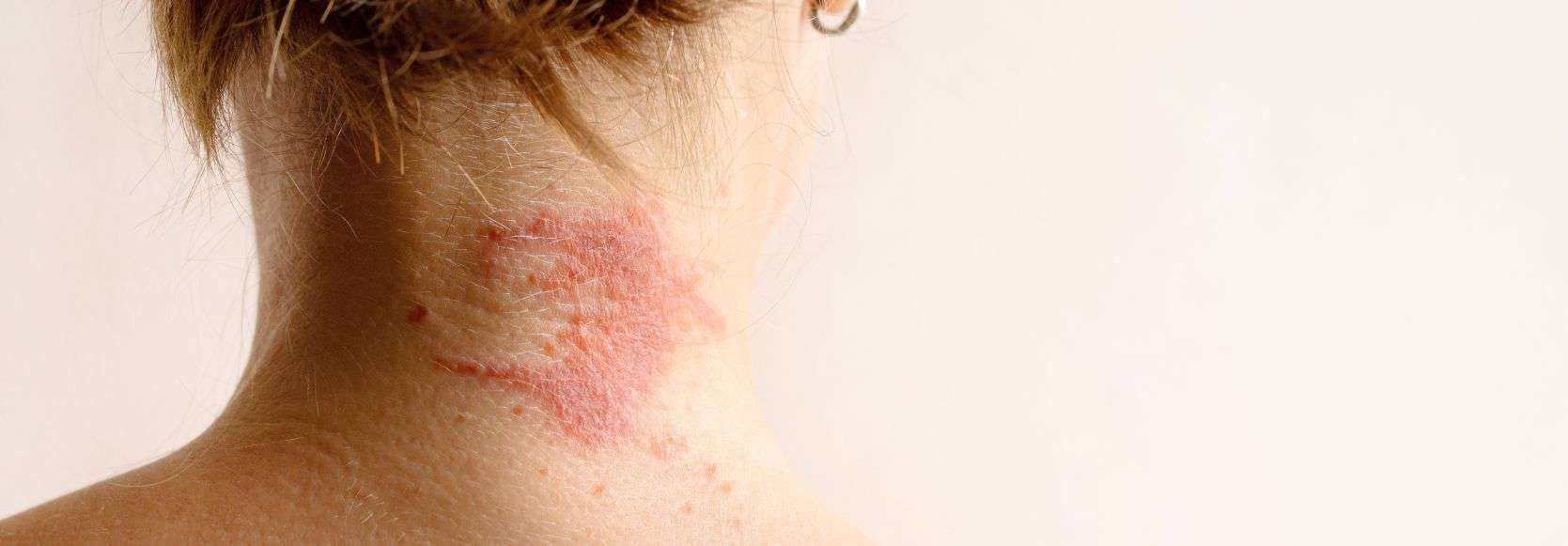Acne is a common yet complex skin condition that affects millions of people worldwide. Although it is usually harmless, some types of acne can cause serious problems such as scarring or permanent damage to your skin.
Have you ever wished that there was a beam of light out there that could make all your acne problems disappear? Acne laser treatments and other light therapies may just be the perfect solution for your acne.
Acne can be treated using laser treatment. In fact, some dermatologists recommend them over other treatment methods because they are often less painful and cause fewer side effects.
Laser acne treatments work through various types of light to remove skin cells from the surface layer of your skin. This creates the opportunity for new skin growth and stimulates the production of new cells and collagen in the skin
Is laser treatment good for acne?
Studies have shown that lasers and other light treatments can indeed reduce acne. Most people will witness their skin clearing to various degrees, but it’s not one hundred per cent guaranteed. It is rare that these treatments alone will clear acne entirely. To give you optimal results, your dermatologist may recommend using another acne treatment in conjunction with laser treatment as part of your treatment plan.
Patients need to follow their dermatologist’s instructions very carefully to get the best results and avoid side effects. Good acne skincare practices are always recommended to help deliver the best results and are essential to prevent new breakouts.
Does laser treatment remove acne permanently?
The results from acne laser treatments and light therapies are mostly long-lasting. However, to maintain results, patients often need follow-up treatments once or twice a year. Results may vary from person to person. Generally, the longevity of the results achieved will depend on your skin type, treatment area and type of acne.
To achieve the best results, most people need a series of various treatments. Many studies have indicated proof that multiple treatments deliver more significant results than a single treatment. Researchers have continually found that patients see the best improvements weeks after the last treatment. One study that was conducted found that patients treated had 50% fewer spots at the end of the 4-week laser treatment period and a 72% reduction 12 weeks after their last treatment.
Can you get laser treatment for acne on NHS?
The cost of your particular acne treatment will depend on a few different factors, such as the clinic you choose and the type of therapy your dermatologist recommends. You will usually need to visit a private clinic for acne laser treatment in the UK, as it is considered a cosmetic procedure. You should also be cautioned that your health insurance might not always cover these kinds of treatments. Make sure that you thoroughly check your health insurance policy before starting the treatment.
The clinic you choose should also provide a reliable estimate for the full course of treatment before you begin so that you can make an informed choice.
Types of lasers and light treatments for acne
There are various light and laser beam treatments that are used by dermatologists to treat acne and acne scarring, including:
Blue & Red Light Acne Treatment
This is a popular form of acne light treatment, although it has the least effect on reducing existing acne. Blue and red light therapy is a non-invasive, safe, and effective way to prevent acne from worsening by removing some of the bacteria that clog pores.
PDT Acne Treatment
Photodynamic therapy, also known as (PDT), sensitises the skin to light. It involves the application of a topical agent called a photosensitizer, followed by exposure to a specific wavelength of light. The combination of these two elements leads to the destruction of bacteria and skin cells. This treatment may also be used as a pretreatment before applying laser acne treatment to the skin.
The three types of acne laser treatments commonly used in dermatology acne clinics include the following:
Ablative Acne Laser Treatment
Acne laser ablation treatment removes a small layer of skin around acne scars, allowing the skin to grow free from blemishes and tension. The skin returns to a smoother, more flawless condition. Here, surgical intervention is not recommended.
Non-ablative Acne Laser Treatment
Non-ablative acne laser treatment stimulates collagen production in the skin. This type of acne scar treatment does not remove skin cells. It is intended to regenerate skin cells and is used for mild acne scarring that does not require surgical intervention.
Fractionated Acne Laser Treatment
Fractional laser acne treatment is similar to non-ablative laser treatment in that no skin cells are removed. However, it destroys the skin cells that cause spots and uneven colour. This helps the skin regenerate its natural colour and removes redness and blemishes from acne.
During the healing process, your dermatologist will likely recommend topical lotions and other medicated acne treatments to support your laser treatments, in order to get the best results from your laser treatments and ensure that your acne heals.
FINAL THOUGHTS
Acne laser treatment has proven effective by using intense light that destroys acne-causing bacteria. The laser stimulates collagen production, reducing the redness and stringy veins associated with acne. This treatment is non-invasive and highly recommended for rejuvenating and promoting healthy skin.
If you would like to speak to one of the consultant dermatologists about acne laser treatment in London, we welcome you to contact us or book a consultation online.


